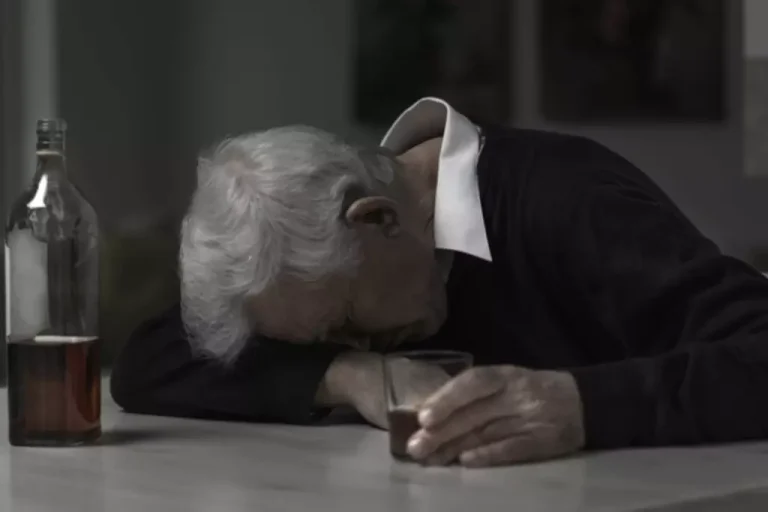
During the detox process, they may even attempt to give you a drink. Detoxing in a professional setting reduces potential adverse effects on health and boosts the probability of a successful recovery by offering a safe and nurturing setting. Some people with AUD become dependent on alcohol and have withdrawal symptoms when they suddenly stop drinking. The effects of withdrawal on your body and mind can be uncomfortable and dangerous.

How Alcohol Addiction Is Like an Abusive Relationship
Your doctor will want to know if you have any mild itching, numbness, a pins-and-needles feeling, or burning. Itching is also linked to hallucinations from alcohol withdrawal. Doctors will monitor your symptoms and risk for alcohol withdrawal complications. They’ll also help manage Drug rehabilitation any ongoing health issues you have.
hours to 72 hours
Your brain eventually stops producing certain chemicals that it receives from alcohol, becoming dependent on the drug. That’s why when you quit drinking, it takes time for your body to adjust. This is what causes withdrawal symptoms such as headache, fever, nausea, irregular heartbeat and hallucinations. Healthcare providers typically prescribe short-term medications to relieve the symptoms of mild to moderate alcohol withdrawal. If you make the decision to stop drinking daily and heavily, you will likely experience withdrawal symptoms.
Who Experiences Alcohol Withdrawal Symptoms?
Witnessing a loved one struggle with alcohol withdrawal can be difficult. With Springboard Center’s Family Program, you can strengthen your role as a supportive family member with the hands-on therapy sessions. Build https://ecosoberhouse.com/ healthier relationships and gain the tools needed to support your loved one’s recovery while maintaining your own well-being. They typically begin within six to eight hours after the last drink and are caused by the nervous system’s overactivity. While tremors may seem minor at first, they can indicate that the body is struggling to adjust, and the risk of seizures may be increasing.
For most people, alcohol withdrawal symptoms will begin sometime in the first eight hours after their final drink. Medical professionals can help manage withdrawal symptoms and reduce the risk of complications, ensuring a safer detox process. If you’re thinking about quitting alcohol, especially after years of heavy drinking, it’s important to understand the causes and triggers of alcohol withdrawal seizures. While it may seem appealing, detoxing at home is not recommended, especially for individuals with long-term alcohol use.

Robert is our health care professional reviewer of this website. He has a nursing and business/technology degrees from The Johns Hopkins University. The risk of relapse is also high with at-home detox since people are constantly exposed to triggers at home. This makes it challenging to remain sober enough to overcome alcohol withdrawal symptoms. While self-recovery from alcohol is possible, people should always detox under professional supervision.
Treatment Methods for Seizure Prevention
The good news is that alcohol withdrawal seizures are preventable with the right treatment and care. For individuals struggling with alcohol addiction, the road to recovery can feel overwhelming, and the risks of withdrawal can feel like an Alcohol Detox insurmountable obstacle. The Health Encyclopedia contains general health information. Not all treatments or services described are covered benefits for Kaiser Permanente members or offered as services by Kaiser Permanente. For a list of covered benefits, please refer to your Evidence of Coverage or Summary Plan Description.
- If you make the decision to stop drinking daily and heavily, you will likely experience withdrawal symptoms.
- These neurological changes can be a precursor to seizures and should be treated as a medical emergency.
- The lymphatic system plays a large role in the health of the liver as well.
- Alcohol withdrawal can come with life-threatening symptoms, such as seizures and cardiac complications.
- If you’re given this type of medication, you’ll need to be closely monitored.
- The National Institute on Drug Abuse (NIDA) suggests that 40% to 60% of people with substance use disorders experience a relapse at some point.
- No one is immune to feeling powerless when faced with drug abuse among loved ones.
- Severe and complicated alcohol withdrawal requires treatment in a hospital — sometimes in the ICU.
- Studies show that gabapentin can also help improve your sleep and mood, which may make you less likely to relapse.
This can start while they still have alcohol in their blood. In general, the course of alcohol withdrawal is highly variable and somewhat unpredictable. Screening and assessment tools do not allow physicians to predict with confidence who will or will not experience life-threatening symptoms.

Why Each Withdrawal Gets More Difficult

Each center is ready to help people learn how to cope with their Ambien addiction and uncover the root causes for their substance use disorder. As you approach the end of the first 24 hours of detox, symptoms may become increasingly severe. Alongside the effects felt from the first 12 hours, additional symptoms may involve disorientation, hand tremors and seizures.
